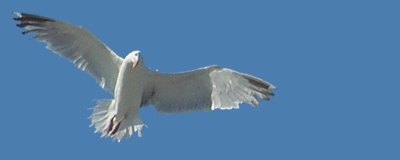
范静哗
Jinghua Fan
  生于中国江苏,1987年毕业于北京师范大学,后任教于南京东南大学十余年,写诗、译诗、研究诗歌,目前在新加坡国立大学,为博士候选人。 生于中国江苏,1987年毕业于北京师范大学,后任教于南京东南大学十余年,写诗、译诗、研究诗歌,目前在新加坡国立大学,为博士候选人。
Native of Jiangsu, PRC, upon graduation from Beijing Normal University in 1987, taught in Southeast University Nanjing for a dozen of years. He writes, translates and currently is studying poetry in National University of Singapore.
|

|

译者
Translator
范静哗
Jinghua Fan
|
地底下冒出来的,从没有副产品。
深处的爆发将它翻出来,等待定义,
它不是岩石,而是玻璃。内在的
热与红无法那么快地屈从于冷,它的内核
未能改变,自然地向人类的感官和虚荣展示
雪花怎么生长到黑色的坚硬中,令它带点灰。
它与熔岩为邻而没有名字,怎能声称孤独?
是的,它不过是粘性较低,而显得有点怯弱,
不会结晶。可水能阻止它切割分子;犹如
阿帕契女人的泪珠碎了、撒进大地,又冒出芽儿,
它们的颜色在夜风中变,顺风逆风也有不同,
那靠着空气传播的哭声只有狼曾经听闻。
如今,它既然在地上,它便与风相爱,
也喜欢上了蜥蜴、月亮和星星的爱抚。
|
|
Nothing out of the earth is a by-product.
It is erupted from the depth, for the purpose to be defined.
It is not rock, but glass, when its inner heat and red
Not so quickly yielding to cooling, something at the core remains
Unchanged, revealing to the human senses and vanities
How snowflakes can grow and bring a little gray into the black hardness.
Neighboring boiling lava, without a name, how can it claim
Loneliness? Yes, it is only inhibited from being viscous
That it does not crystallize. Water may stop it
From cutting the molecules, like the tears of Apache women
Shed, sowed and shot out, changing their colors in the night wind,
The air-borne cries heard only by wolves.
Now that it is on earth, it is in love with wind
And the touch of lizards, the moon and stars.
|







